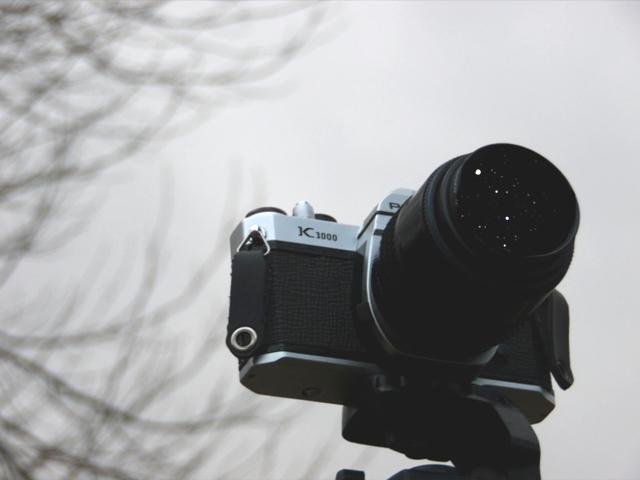The Importance of Cameras and How They Have Changed the World
Cameras have the ability to see everything. They can see down into the depths of the ocean, and also up, millions of miles into space. Furthermore, they capture moments of time and freeze them for later enjoyment. These devices revolutionized the way people perceived the world.
December 11, 2014
By definition, a camera is a device used for recording visual images in the form of photographs, film, or video signals; however, since the initial vision of this device, it has proven to be so much more. The importance of the camera does not prove to be in the object itself, but rather in what it creates. Photography has formed new means of education and history, along with a new lifestyle in itself. “There is only you and your camera. The limitations in your photography are in yourself, for what we see is what we are.” said Ernst Haas, photojournalist and pioneer of color filming. He was exactly right. Photography opened up a new facet of ideas when it was first created, and it was obvious that this concept would forever change the world.
Imagine an individual who is visually impaired; for them to see the world around them, that individual would need to wear eyeglasses. However, hundreds of years ago, eyewear was incredibly underdeveloped compared to modern glasses, thus their knowledge of how things looked was minimal to none at all. Then technology improved. Everything was so clear; their barriers had been broken and the whole world lay ahead for them to explore and discover.
This can be compared to the culture of art during the creation of photography. Cameras made artists look farther, dream bigger, and imagine greater and, they will continue to do so for centuries to come.
What does one see through the lens of a camera? The more important question is, what does one not see with a camera? Think about the average daily routine. Perhaps when people wake up, they take a morning shower; make their coffee, and then what? Most people turn their televisions on to see what is on the news or to watch some show, but what if the world was without cameras? Everyone’s life would change. People would not be able to keep up with the news, or any media for that matter. We wouldn’t even know what our planet looks like, much less any other planets in our solar system. The societies of science, recreation, and education have all greatly benefited from the use and development of the camera in some unimaginable ways.
Photos also preserve the memories of things and people we have previously met but have forgotten over time. The camera is just a save button for the mind’s eye; these pictures provide the feelings we once felt, be it happiness, sadness, or inspiration, and make us cherish them once again. People in today’s society are fixated on what they want to become or how they want to change, yet they hardly ever ponder on the memories of how things used to be.
“You don’t make a photograph just with a camera. You bring to the act of photography all the pictures you have seen, the books you have read, the music you have heard, and the people you have loved.” said Ansel Adams, a famous photographer. Photos make up who people are and what they have done in their lives and the way the photographer captures their perfect scene reveals how they perceive the world and the people around them.




